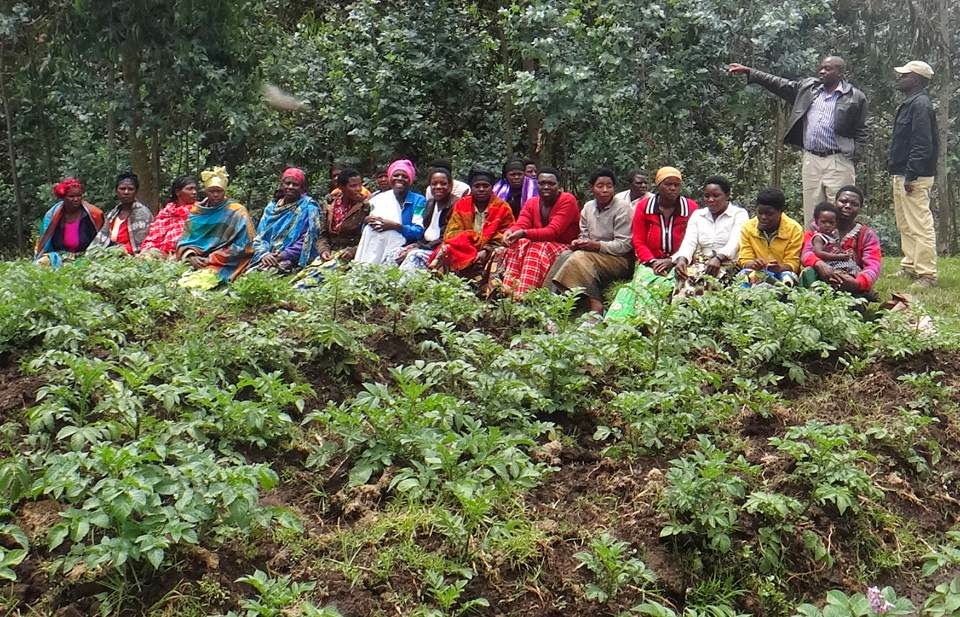While
we are in transit from Uganda to Rwanda,
please take a moment to give
thought to the 20th anniversary of a most heinous genocide - almost 1
million people mostly hacked and bashed to death in just 3 months!
Sorry for the graphic description but the truth is the truth!
It is impossible not to be moved by what many agree is the single greatest conscious act of forgiveness in human history.
The deeply personal narratives are haunting and humbling.
Perhaps it is just the trend in portraiture today, but what I found
missing from the collection of solemn photographs is the vibrancy and
joy that is, for many Rwandans, a reflection of the journey from
darkness and despair into the light offered by the experience of
forgiveness.
I had an opportunity to see this first-hand when I
traveled to Rwanda for the second time 6 years ago, and had a chance to
witness Truth and Reconciliation (T&R) first-hand.
I was already
seated as I watched a young couple arrive on a bicycle, chatting and
laughing as she slipped off and he parked the bicycle under the shade of
a mango tree.
My first thought was that they are probably husband and wife, or perhaps brother and sister.
Then they sat down in front of me and I soon learned that he was
responsible, along with a larger group of young men, for slaughtering
her entire family.
She had managed to escape to a nearby swamp where she hid in the water by day and foraged for sustenance by night.
Their reason for initially coming to the program was the same as most.
She said her heart was beating but she was dead from living in the darkness of nightmare, loss, anger, and fear.
He said he didn't just wake up one morning and decide to kill Tutsis, but had been indoctrinated since childhood.
He lived in the darkness of guilt, shame and regret.
Both longed to move toward the light of being alive.
It was a journey filled with struggle that they consciously made together.
Many sessions before he could look her in the eye and describe, in detail, what he had done, and ask for her forgiveness.
Many more before she was able to grant it.
They were at the T&R session that day to work with other victims and perpetrators trying to move forward.
I was awe-struck.
Remember, I was here during the Bush era, a time of finger-pointing, hate-mongering and 'othering'.
Yet here was an incredible example of love and togetherness in it's purest sense.
We in the West had something truly profound to learn from these Rwandans.




























